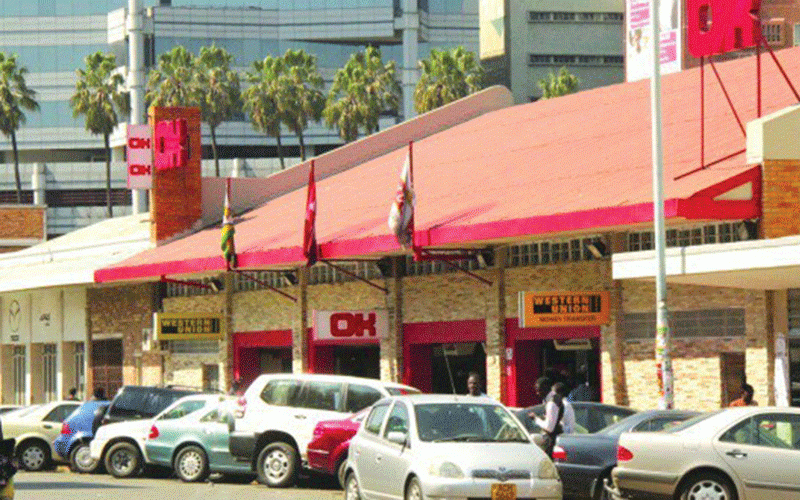
BUSINESS leaders have sounded the alarm over the government’s haphazard and lackadaisical approach to implementing economic policies, which they said had triggered business closures.
Retail giants OK Zimbabwe and Spar this week told a Parliamentary Portfolio Committee on Industry and Commerce that they were closing branches amid high taxation, exchange rate volatility, power cuts, and growing informalisation.
The exchange rate being volatile is a result of the domestic currency, the Zimbabwe Gold (ZiG), failing to find its footing since its introduction on April 5, 2024.
A premium of about 35% has emerged between the official and parallel market exchange rates.
The exchange rate volatility has forced suppliers to sell their goods to the forex-only informal market while demanding upfront foreign currency payments from formal businesses.
“Business is on the brink of collapse. Informal business or the informal economy is on a harsher track,” CEO Africa Roundtable chairperson Oswell Binha said at an executive breakfast meeting organised by the roundtable yesterday.
“I must clearly state that we believe our immediate challenges rest with the Minister of Finance (Mthuli Ncube).
“I, therefore, express our greatest disappointment that the Minister of Finance, a critical player in this discussion, is hardly represented at any forum we have invited him at a time when economic stability and confidence are at the heart of national discourse.”
- ZITF Company launches AfriConfex
- Zacc asked to probe Harare land deals case
- In-depth Interview: Sharpe speaks on massive investments, frustrations
- Property magnate mulls building US$30b portfolio
Keep Reading
He said Ncube's absence was both notable and regrettable.
“The private sector, particularly the round table, has consistently called for open dialogue and collaborative problem-solving. We are the economic plan. We make economic decisions,” Binha said.
He said there was a need for a proactive stance to confront the pressing issues.
“Are we being punished for compliance? Economic instability, increasing public debt, infrastructure gaps, corporate graveyards, and the perception of policy conflicts are not abstract economic concepts. They are real issues affecting business and livelihood gains,” Binha said.
He noted that long-term planning had become nearly impossible for many businesses due to successive policy shifts.
The troubles faced by businesses were laid bare when they paid the equivalent of US$357,18 million in corporate taxes in 2023, a figure that is expected to rise for 2024 owing to a slew of new taxes.
“The situation is that the exchange rate in Zimbabwe is managed by the Reserve Bank, and everybody knows that, and the myth that we have an exchange rate determined by the market is simply a myth.
“It is a managed myth because there is no reason why we cannot liberalise the exchange rate, none whatsoever,” economist Eddie Cross said.
“We are swimming in US dollars; we got US dollars all over the place. The ZiG does not exist today in our lives; it doesn’t exist.
“Maybe 5% of the economy, maybe 5% of commercial transactions. In the last two months, we have gone backward in terms of de-dollarisation.”
The central bank estimates that about US$2,5 billion is circulating in the informal sector.
“We could say US$600 million has been taken out of this economy to support that currency (ZiG). US$600 million in this country today can make a meaningful difference in the productive sector,” WestProp Holdings Limited chief executive officer Ken Sharpe said.
“Not only in my industry of property but in every single person in this room, in their industries. If we had US$600 million that banks are lending to the productive sector, that would fuel the growth of this economy.
“I am not talking about consumptive spending that drives inflation. I am talking about responsible investment.”
He called for tax simplification.
“We cannot have 50 taxes, it’s ridiculous. Even 10 is too many, Eddie, let’s have one tax, a final tax. Let it be 20% VAT or 25%,” Sharpe said.
Zimbabwe Investment and Development Agency chairperson Busisa Moyo said utilities needed support to grow production.










